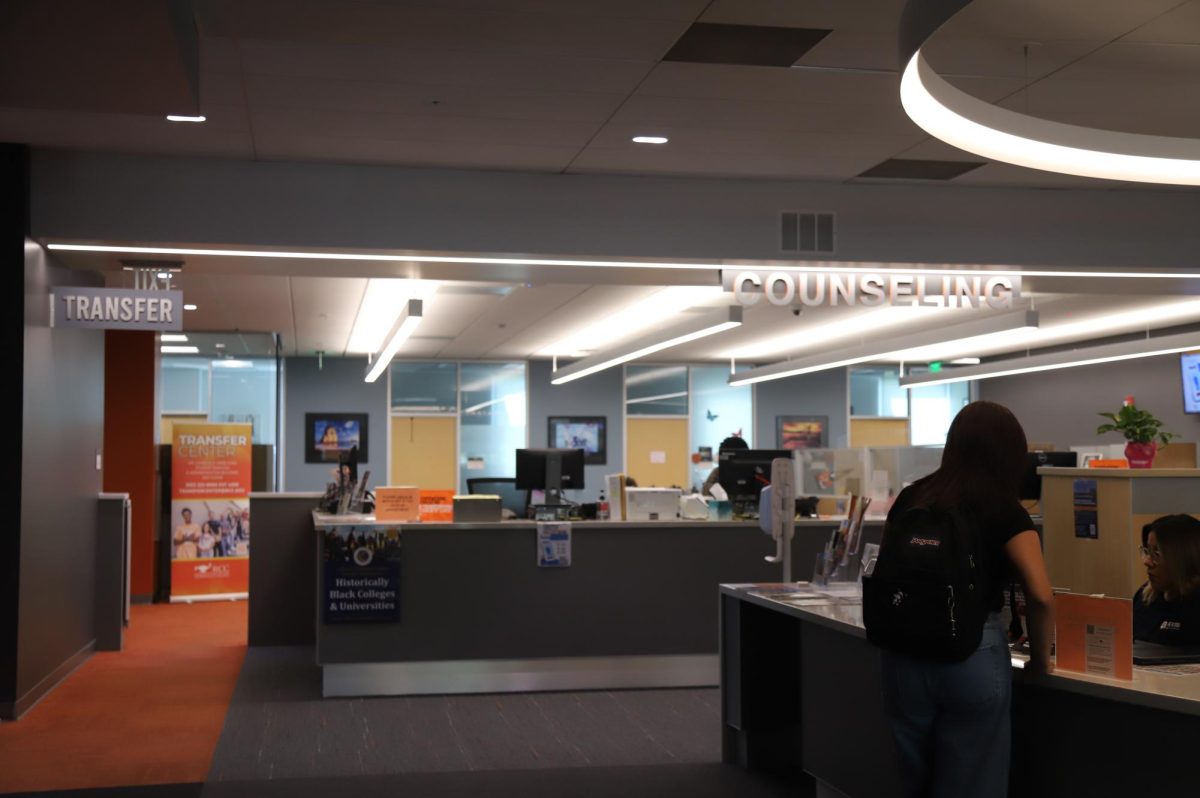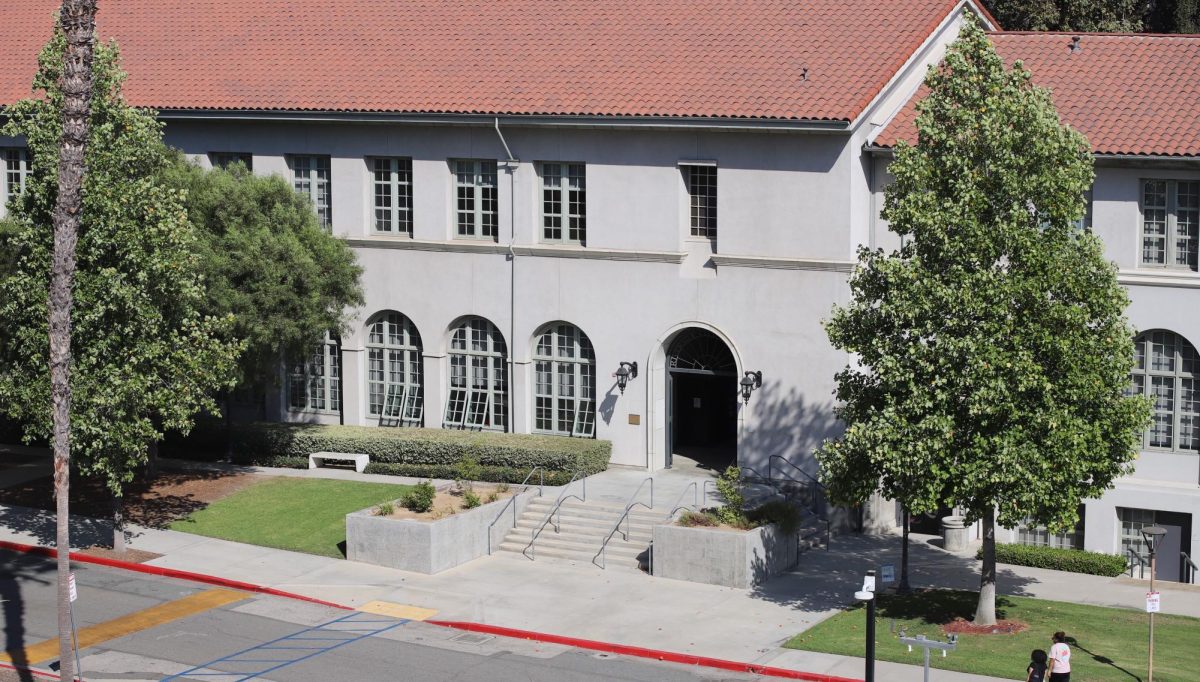
California’s community colleges provide an alternative academic route to students who aim to obtain a graduate’s degree at a four year university.
Over an estimated two year period, students are given the opportunity to complete their general requirements prior to enrolling into a university as a junior. During this two year period, certain students were required to enroll in remedial classes based on their placement exam scores, which often increases the estimated time of two years at a community college to three or more, not to mention the increase in tuition costs and fees.
There’s no universal community college placement exam, which means that every college has its own unique method of enrolling students into the classes that it determines necessary for them to take.
It’s clear that removing remedial classes will benefit community college students greatly, in more ways than what remedial classes were initially intended to do.
As of October 2017, the California Acceleration law would make it easier and faster for community college students to graduate with an associates degree. The legislature was designed to make community colleges determine a student’s academic path based on their high school grade point average rather than their placement exam results.
According to the bill, “a community college district or college shall not require students to enroll in remedial English or mathematics coursework that lengthens their time to complete a degree unless placement research that includes consideration of high school grade point average and coursework shows that those students are highly unlikely to succeed in transfer-level coursework in English and mathematics.”
The bill will also provide an emphasis on underprepared students, which focuses on placing them in college level courses with tutoring and various other methods of support rather than placing them behind in remedial classes.
There have been various instances where students have been caught up in failing and retaking classes they shouldn’t be enrolled in, and it is possible that certain students may find the removal of remedial classes more burdening than helpful, regardless of the tutoring services mentioned in the bill.
Based on statistics gathered in 2016, the overall graduation rate at Cosumnes River College of full-time students who began college in 2013 was 25 percent. The transfer rate for graduates was 8 percent. It was concluded that the amount of time it took to earn an associate’s degree added to the various opportunities that led to students either dropping out of college or choosing not to transfer and continue with their education.
An excessive catalog of requirements and processes are what ultimately intervene between a community college student and a higher education beyond an associate’s.
Often enough, these kinds of situations discourage students into advancing past an associate’s degree, as they gradually develop a negative perception of higher education expectations and the work that goes into fulfilling them, they find themselves in search of justifications for dropping out of college. California Acceleration will hopefully aid in reducing that possibility.


















